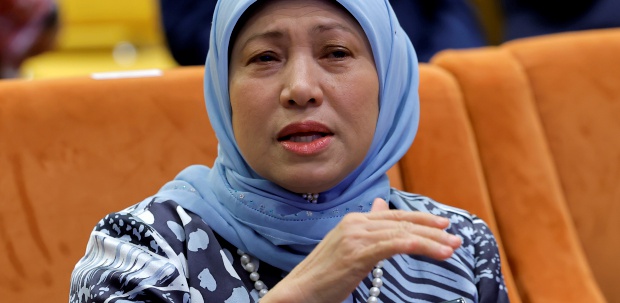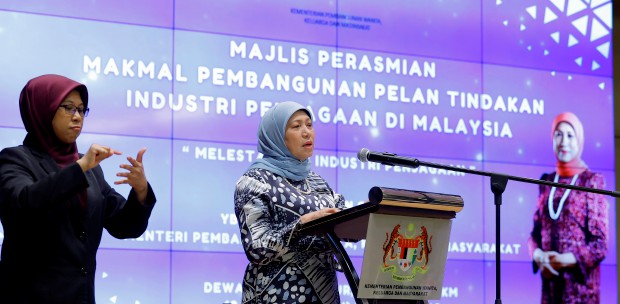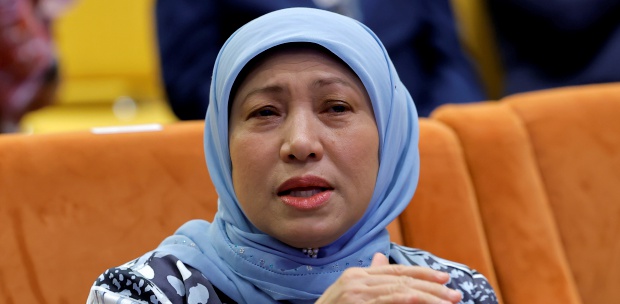KUALA LUMPUR: Malaysia's Total Fertility Rate (TFR) fell below replacement level, declining from 2.1 children per woman in 2010 to 1.6 in 2022, according to Women, Family and Community Development (KPWKM) Minister Datuk Seri Nancy Shukri
Nancy said the decreases were linked to marriage age decisions and infertility issues, among others.
"The TFR for all major ethnic groups in Malaysia shows a declining trend.
"Between 2010 and 2022, the TFR for Malays decreased from 2.6 children to 2.0 children, Chinese (from 1.5 children to 0.8 children), and Indians (from 1.7 children to 1.1 children).
"The TFR for the Chinese and Indian ethnic groups has been below replacement levels since 2003 and 2005, respectively," she said during a question-and-answer session in the Dewan Rakyat yesterday.
The statistics are from Vital Statistics Report 2023 released by the Department of Statistics Malaysia (DOSM)
Nancy said this can be influenced by decisions regarding the age of marriage, number of children, and so forth.
"At the same time, infertility issues can also affect the TFR rate," she added.
She made these remarks in response to a question from Sim Tze Tzin (PH-Bayan Baru) who inquired about birth rates among various ethnic groups in Malaysia and the government's solutions to the declining birth rate, especially among the Chinese community.
Nancy said the ministry, through its agency the National Population and Family Development Board (LPPKN), has implemented various initiatives to address infertility issues.
"These initiatives include offering affordable fertility treatment services for subfertility since 1979.
"All married couples are eligible for treatment, and as of 2023, over 6,000 successful pregnancies have been recorded," she said.
Nancy added that a men's health and wellness clinic offering health screening tests, sexual issue counselling, healthy lifestyle practices, and medication to improve male fertility to address increasing male infertility issues has also been established.
"KPWKM also conducts advocacy and promotional activities to raise awareness, especially among couples facing fertility problems, to seek advice and fertility treatment as early as possible without hesitation.
"KPWKM also provides initiatives to couples to obtain fertility treatment with tax exemptions for fertility treatment up to RM8,000 and withdrawal of funds from the Employees Provident Fund (EPF) Account 2 for fertility treatment purposes starting from September 1, 2020," she said.
She mentioned that LPPKN has been mandated to establish a National Subfertility Centre equipped with modern fertility treatment facilities under one roof to provide affordable fertility services.
"The centre will be developed in Shah Alam, Selangor and will become a referral centre for fertility services in Malaysia.
"In terms of ethnic breakdown of clients receiving fertility treatment at LPPKN's Subfertility Clinic, the Chinese are in third place after Malays and Indians.
However, there has been an increase in the number of Chinese clients, with a doubling over a period of 3 years.
For comparison, the number of Chinese clients receiving treatment in 2020 was 404 individuals, which increased to 836 individuals in 2023," she said.





